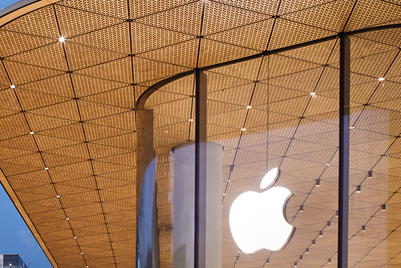
We have all seen articles about cookies and privacy, but we haven’t seen a prediction on the end result.
Let’s start by explaining why we need cookies, both from the advertiser’s and user’s perspective, then take a look at what might happen in the near future.
Users gain a benefit from having cookies because cookies allow users to experience an internet that is tailored to their needs: automatic login to our favorite sites, content that is bespoke to their interests and advertising that is relevant to their demographic.
Advertisers need cookies to accurately target potential users and report on actual leads or sales, ensuring that advertising dollars are well spent and that the advertising is delivered with minimal waste. Furthermore advertisers need cookies to manage frequency of ads and perform targeting tricks that improve the relevance and user experience, such as sequence advertising and copy rotation.
Nevertheless the question is what will happen in the future, and more importantly, what will happen to the data collected? Could internet browsers simply block cookies by default, due to pressure from lobby groups and the barrage of bad press?
If this happened, the login IDs for Google, MSN, Yahoo and Facebook would become the only unique IDs available to advertisers and as a result the only targeted way to spend a brand’s advertising budget.
This means that instead of randomly generated cookie IDs, which each organization must build and then manage, we suddenly move into a world where a select few gateway providers (Facebook, Google) own all the data and are the only suppliers of targeted advertising. In this scenario, brands lose their ability to control creative at a centralized level, effecting campaign frequency and media efficiency. Furthermore, brands can no longer accurately track sales or leads, and thus we return to a sceptical world of 'guess-timation'.
Unsurprisingly, users might initially prefer this scenario as it would mean only a handful of organisations wold be responsible for their data. However it’s important to remember that it won’t be possible to delete this data without deleting your entire account (say goodbye to Facebook?). Furthermore, think for a moment about the amount of advertising budget that will be spent with these organizations, and then consider what is more important, the quarterly financial results or a company’s terms and conditions.
Another prediction is that nothing will change and the internet will continue to grow and flourish using cookies. In this scenario the gateway providers still collect data, but individual organizations are also able to build assumed profiles, providing an alternative way to target users. Users still have the freedom to delete cookie data and, if they wish, can even leave Facebook at any time.
Luckily this decision is not in the hands of one company or one lobby group. I personally hope that cookies do survive the onslaught of bad press and we maintain our freedom to delete! Not to mention prevent a monopoly on targetable data.



.jpg&h=334&w=500&q=100&v=20250320&c=1)


.jpg&h=334&w=500&q=100&v=20250320&c=1)
.jpg&h=334&w=500&q=100&v=20250320&c=1)

.png&h=334&w=500&q=100&v=20250320&c=1)









.jpg&h=268&w=401&q=100&v=20250320&c=1)